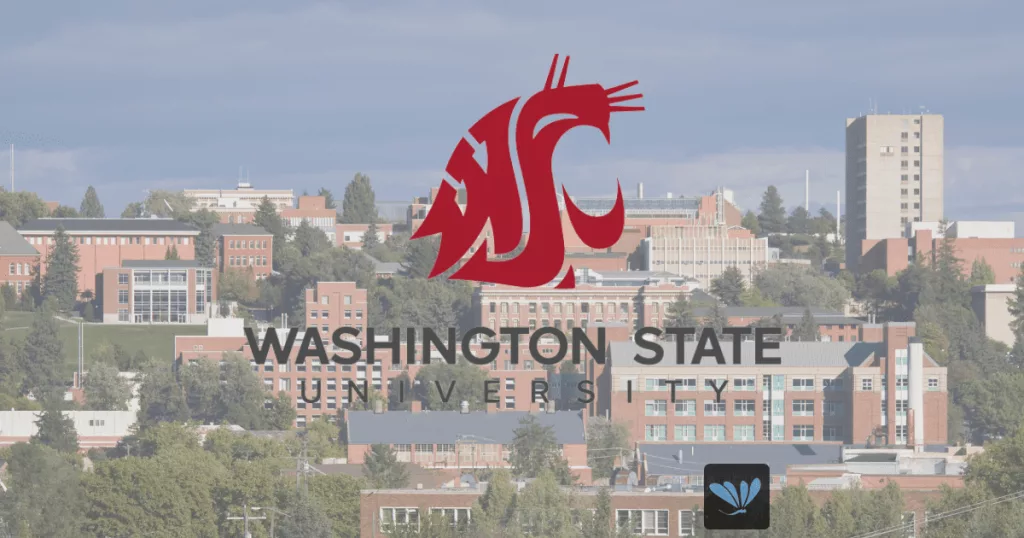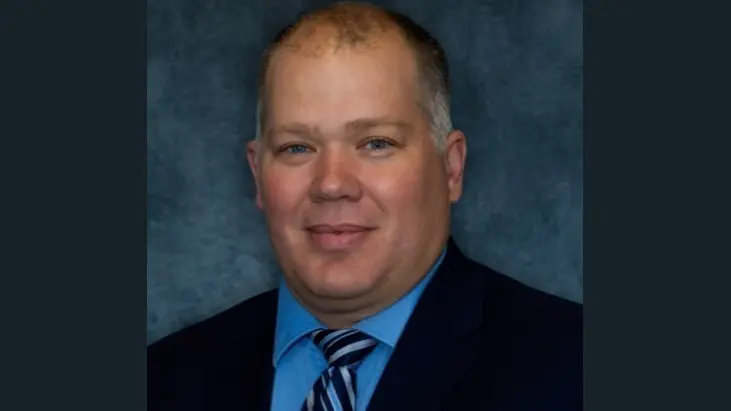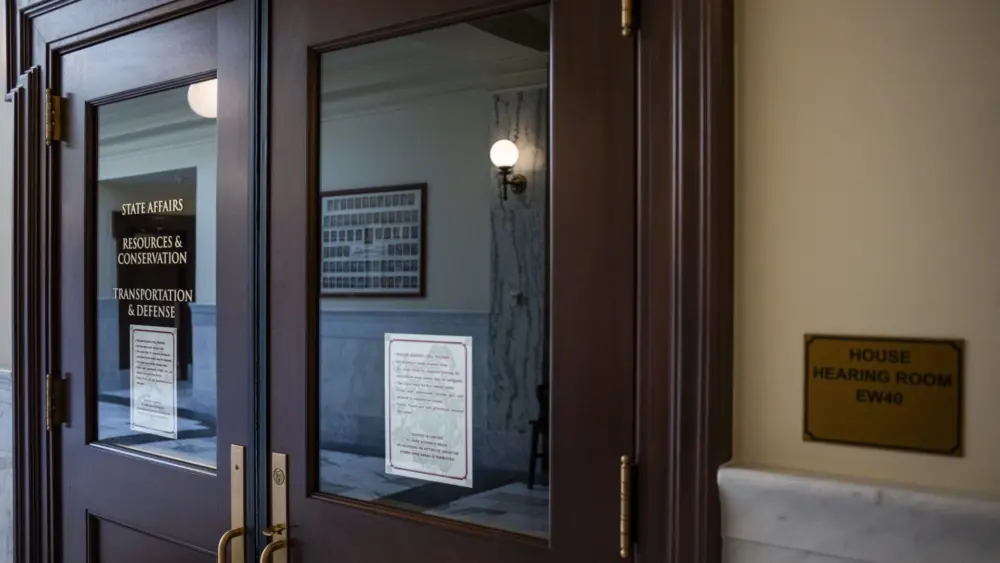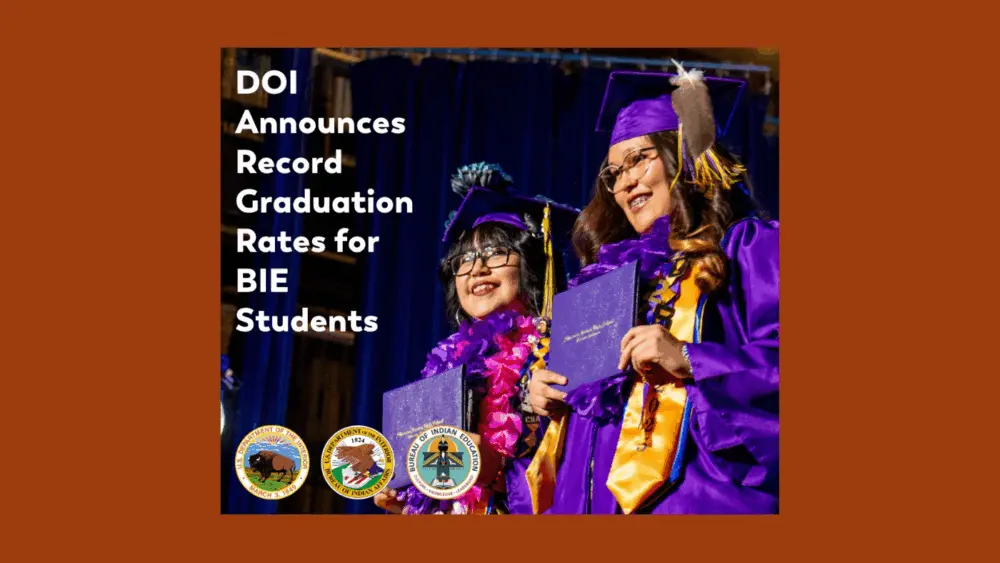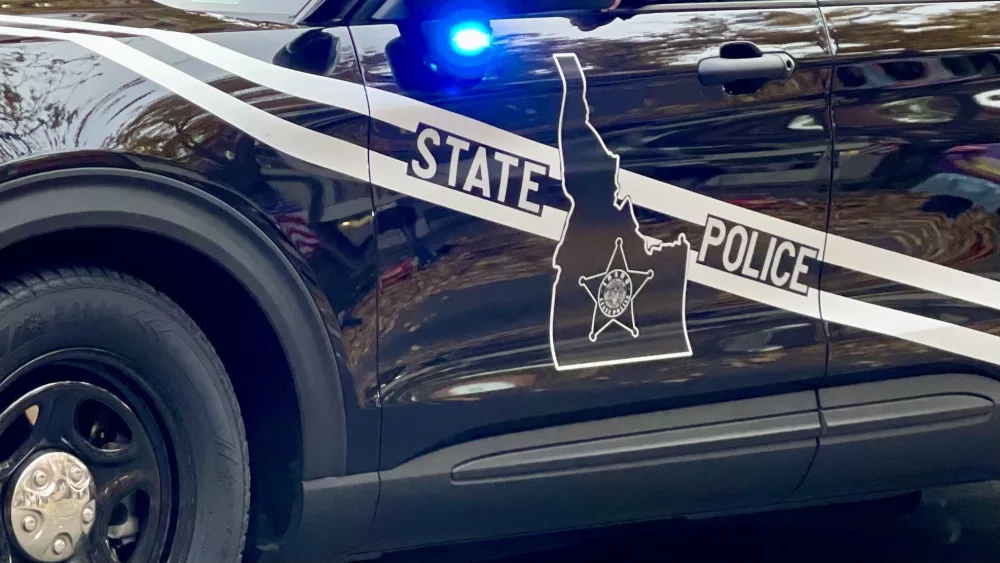(Pullman, WA) A process developed to make aviation fuel from wet organic waste could provide a more sustainable alternative to conventional manufacturing processes.
The advance, which is published in the journal Bioresource Technology, was made in part by a Washington State University Fulbright scholar Budi Harahap.
The Fulbright Program awards about 4,000 scholarships yearly to foreign students to study in the U.S. This year 15 Fulbright students from eight different countries are studying system-wide at WSU. This educational exchange provides an opportunity for domestic researchers to gain a global perspective. The journey Harahap, a biological systems engineering PhD student at WSU Tri-Cities, took to get to WSU and his research published in a scientific journal was a long but ultimately rewarding one.
Harahap was supposed to leave his home country of Indonesia to attend WSU in August 2020 after earning a Fulbright scholarship, but the COVID-19 pandemic disrupted his plans. He was eventually able to travel to the U.S. in January 2021 and begin researching a topic that he’s passionate about.
“I wanted to have a new experience that aligns with what I really want to do. When I looked for the campus, I found Professor Birgitte Ahring’s work on what I am interested in. She is a world-class professor, expert at biomass and waste bioconversion,” he said. “I’m really grateful to get the Fulbright scholarship from this country. It allows me great flexibility in my research, as long as my advisor approves, and the necessary facilities are available in her lab.”
Harahap, under the guidance of Ahring, developed a way to convert food and garden waste into precursors for sustainable aviation fuel production.
For the study, Harahap, under the guidance of Ahring — who is the corresponding author of the publication — developed a way to convert food and garden waste into medium-chain carboxylic acids, especially caproic acid, which is a precursor for sustainable aviation fuel. Their research offers a more efficient way, compared to available ways, to produce the precursors (caproic acid and hydrogen) for sustainable aviation fuel production.
Ahring said she has had many Fulbright scholars collaborate with her in the past and that Harahap brought a lot of value to her research.
“The good news for me is when you have a Fulbright student you can test new things and get something new up and going,” she said.
Harahap will defend his PhD thesis in November and is applying for post-degree academic training to stay in the U.S. upon completing his PhD.
Coming from the densely populated country of Indonesia to the rural region of the Tri-Cities could have been a shock, but Harahap said he came to Richland with no preconceptions.
“This is the first time I’ve gone abroad,” he said. “Some students here have some expectations when they come to WSU Tri-Cities. They think this campus is as big as the campus in Pullman, but for me, I had no expectations because I never had the experience to study abroad, so I was so excited the first time I came here.”
Ahring said that the four years of work Harahap has produced under her advisement is now coming to fruition.
“It’s good to see a PhD student accomplish something that is significant,” she said.

